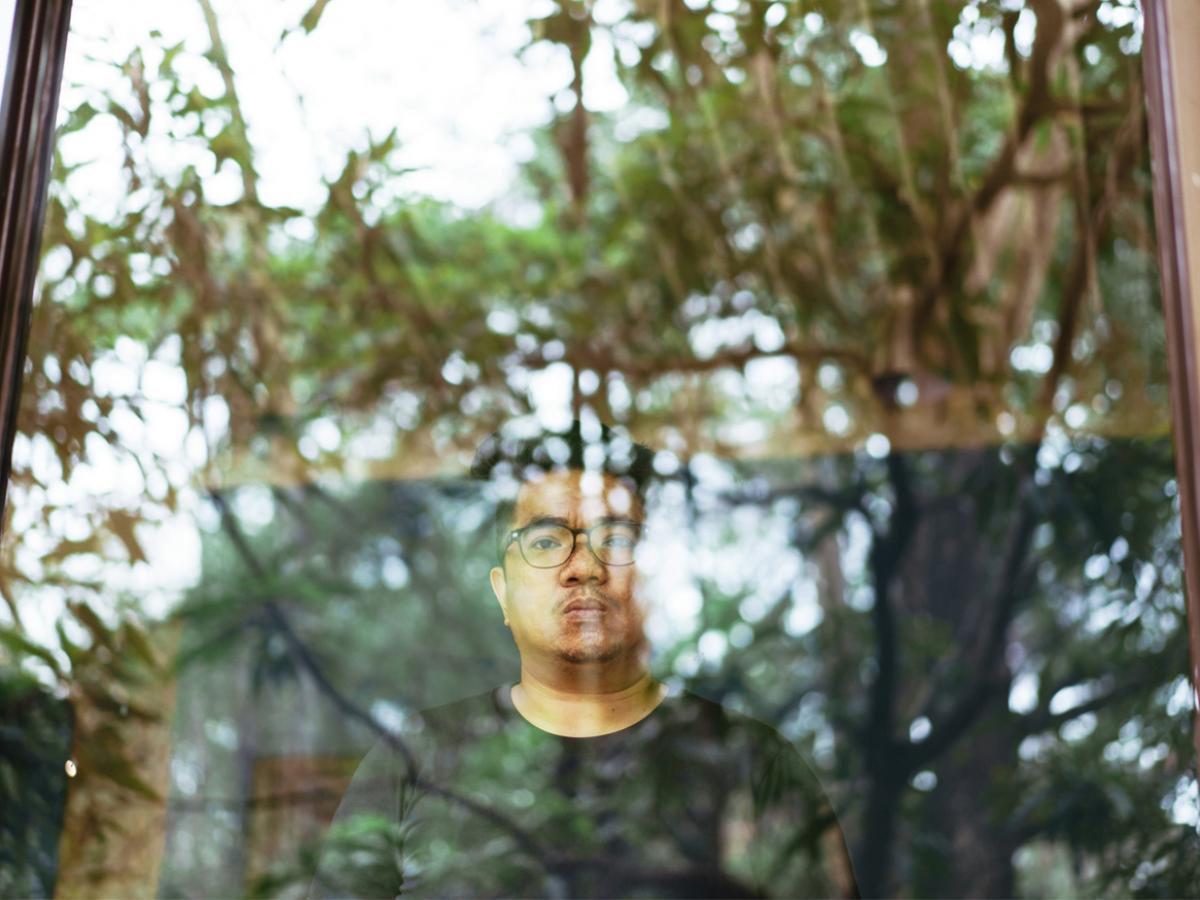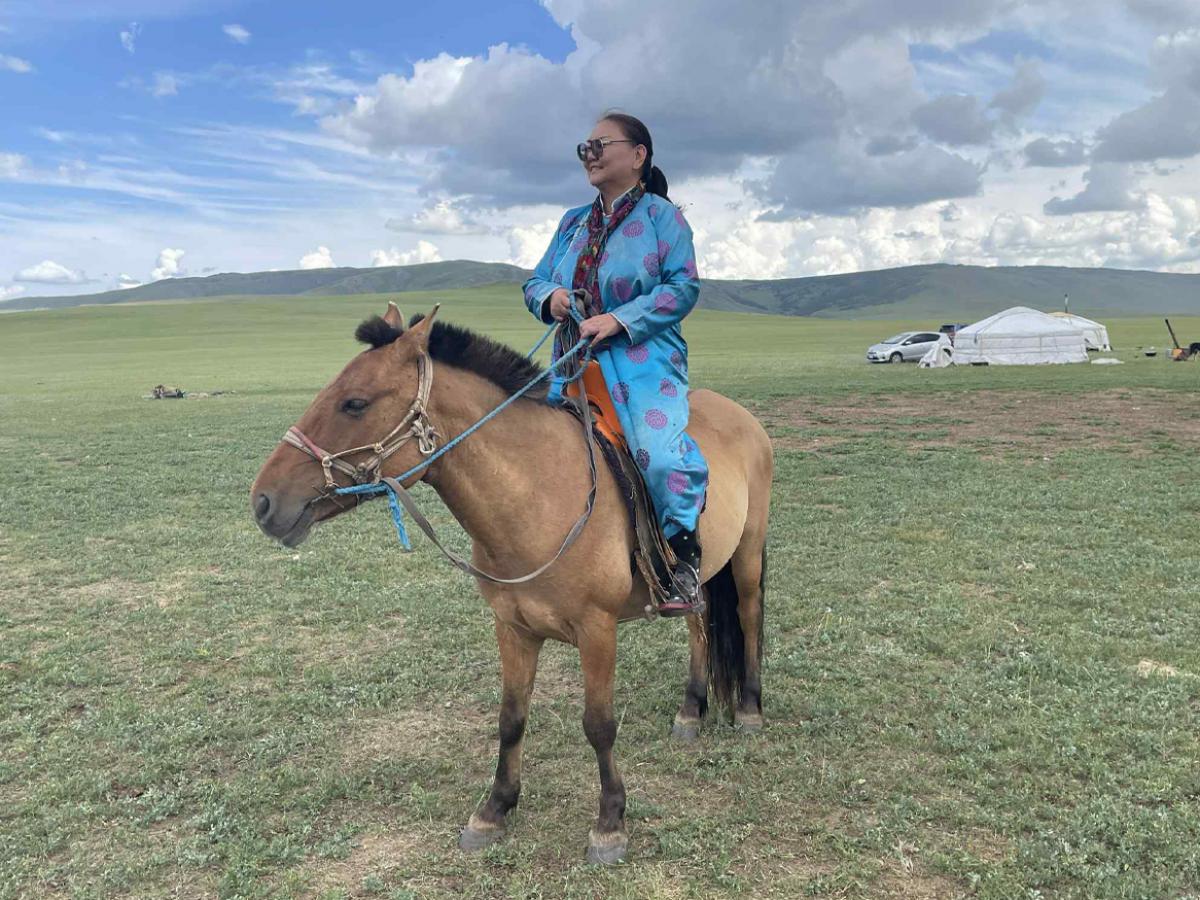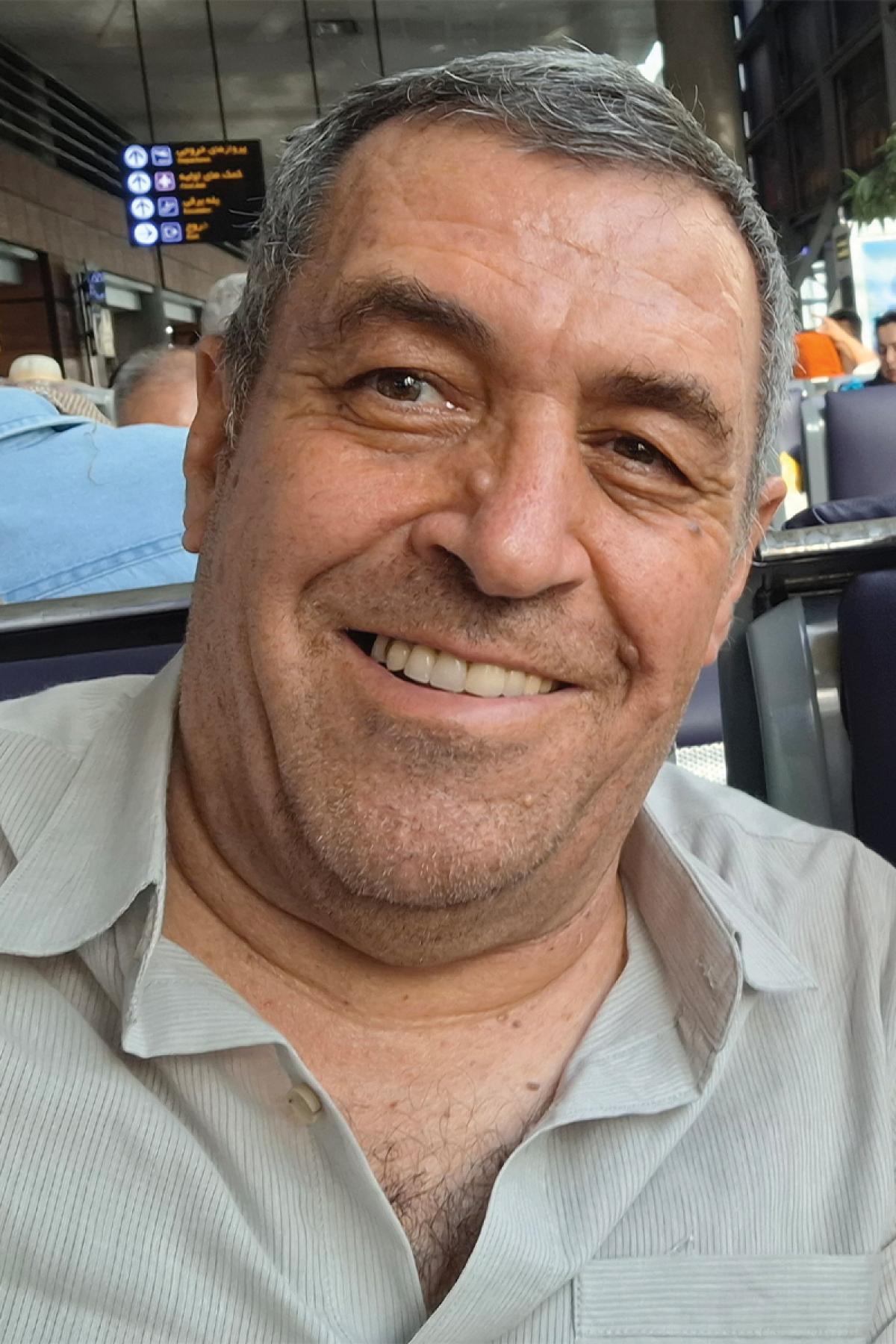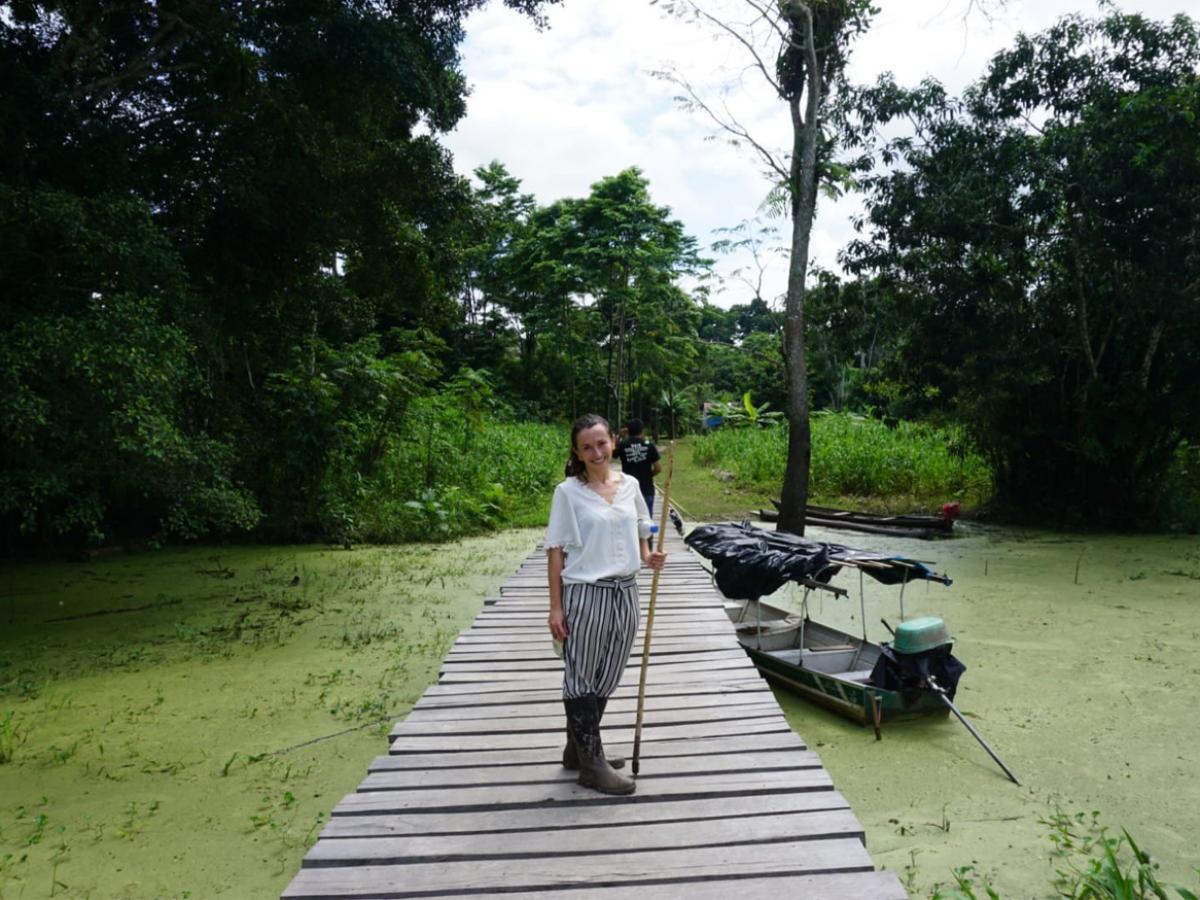World News - Exploring the future
Our University has more than 175,000 alumni living locally, nationally and internationally – a family which will grow to more than 400,000 for Adelaide University.
Their lives, after graduation, are as incredibly varied as the numerous places their careers lead them.
Here, three of our special “foreign correspondents” report back to Lumen to share their stories.

Dr Glenn Diaz, Philippines
Dr Glenn Diaz is an award-winning writer living and working in the Philippines. Both his first novel, The Quiet Ones, and his second, Yñiga, won the Philippine National Book Award, with Yñiga also shortlisted for the 2020 Novel Prize. As Associate Professor in the Department of English and Comparative Literature at the University of the Philippines, Glenn nurtures a new generation of writers while continuing to create his own works.
When asked what he enjoys most about being an author, he says: “The actual act of writing, the labour of putting together a sentence, how this procedure allows you to think through the most complicated political idea or pay attention to the most banal, unremarkable experience.”
He names The God of Small Things by Arundhati Roy as his favourite book for its “terrifying distillation of violence and history and love; dark and so politically alert, also funny and bold and even hopeful”.
Glenn was inspired to become a writer after reading Kafka’s The Metamorphosis in college. He recalls “being struck by how it is able to concretize an idea as slippery to me then as alienation and in such a moving and sort of funny way. The capacity of fiction has stayed with me”.
He often explores politics through personal stories, noting “our experience of politics is rarely discursive and always mediated”. He suggests that “systems manifest to us via feelings of alienation at our jobs, or the drudgery of commute, or asymmetrical relations within our families etc”. As a result, “personal stories may also exceed the theoretical limits of politics and can be more slippery and complicated”.
One of the greatest challenges he has faced is being a writer in a capitalist world. “I’ve always known that I’d want to build a life around writing, and the challenge of fulfilling this is simply the challenge of living in a society that has a very specific notion of what it means to be valuable and productive.”
Glenn earned his PhD at the University of Adelaide (supervised by University Chair of Creative Writing and noted author Professor Brian Castro) which he chose for its supportive environment that nurtures independence, calling it “a truly life-changing three years”.

Sarantuya Tumurtogoo, Mongolia
Sarantuya Tumurtogoo graduated from the University of Adelaide in 2015 with a Master of Education. She remembers the experience as “both enriching and deeply meaningful to my personal growth”.
The year after graduating, Sarantuya participated in the Women’s Leadership Program through the Australia Awards Scholarship Program, which provides training and opportunities to connect with great modern leaders and work as a team on community projects.
Sarantuya (pictured wearing traditional Mongolian clothing) then returned to Mongolia to work at the Ministry of Education and Science on the National Program for Developing Research Universities in Mongolia, a major milestone in advancing research capacity and institutional development for Mongolian higher education.
With a passion for building gender equality and equal access into policy, Sarantuya has been working as a social and gender specialist since 2022. She serves as a member of the Gender Committee, overseen by the State Secretary, and hopes to ensure that educational reforms are informed by data, aligned with long-term national goals and responsive to the actual needs of students, teachers and institutions.
Alongside her policy work, Sarantuya is part of a project dedicated to building schools and kindergartens in Mongolia to enhance educational accessibility. The project has constructed 21 new facilities, which are designed to be inclusive by catering to children with disabilities and accommodating unique requirements related to age and gender.
To future students, Sarantuya says: “It is important to understand that the significance of your work extends beyond individual achievement. Always consider the broader impact of your actions. Ask yourself ‘how does this task or project, or decision, contribute to the well-being of others? How does it align with the needs and aspirations of my community or society?’ By cultivating a sense of social responsibility, young professionals can become not just successful individuals, but ethical leaders and catalysts for positive change.”

Dr Mehdi Sharifani, Iran
Dr Mehdi Sharifani is a Professor at Gorgan University of Agricultural Sciences and Natural Resources in Iran. After studying at the Waite campus and earning his PhD in genetics and biotechnology in 1999, Mehdi began his academic career at Gorgan, progressing rapidly to Associate Professor and then Professor and earning recognition for his own accomplishments as well as for the success of his students.
“I find it fascinating to explore how international students approach scientific and practical challenges in my discipline. Each country brings its own unique cultural knowledge and perspectives, which can significantly influence viewpoints. I believe that Australian culture places considerable emphasis on this aspect.”
Mehdi has successfully established the post-harvest physiology and biotechnology laboratories at Gorgan University, along with a faculty orchard, which supports better education of his students. His commitment to academic excellence is also evident through his numerous presentations at international congresses, conferences and symposiums, where Mehdi has consistently contributed to advancing global knowledge in his field.
Recognising that passion is essential for success, Mehdi advises students pursuing agricultural sciences to let their interests inform their direction. “I recommend that new BSc students explore their passions deeply. Meanwhile, postgraduate students should broaden their horizons by engaging with esteemed scientists, specialists, researchers and business leaders.” Practising this principle throughout his own career, Mehdi has written and edited five academic books, which have become valuable resources for both students and professionals.
Driven by his passion for education, Mehdi is eager to further his teaching career by becoming a supervisor and lecturer for postgraduate students at an international university. He also aims to collaborate on significant global projects and ultimately serve as an advisor to companies striving for better qualitative production.
Global impact
Our University partners with many of the world’s leading higher education institutions, research centres, corporations and government agencies - more than 290 partners in 47 countries.
This allows for the free flow of people and ideas – and can help shape future global leaders, providing the scale required to address some of our planet's most pressing issues.

An example of this are the 11 researchers from top global institutions – including Tsinghua University in China and the University of Oxford in the United Kingdom – who join the University of Adelaide this year as International Fellows Award (IFA) recipients.
Introduced in 2023, the IFA program brings some of the world’s best research minds to our University to collaborate on global challenges.
Among the recipients is Dr Ana Maria Vargas Falla (pictured), an interdisciplinary climate researcher from Lund University in Sweden, who will spend time at our Environment Institute.
Ana’s research project will explore how to address the double crises of biodiversity loss and climate change through knowledge dialogues.
She will examine the relationship Indigenous communities in Australia and Colombia have with nature and how their participation in climate and biodiversity initiatives can inform more inclusive and sustainable models of environmental governance.
“While global calls for sustainability grow, the role of plural knowledges – Indigenous, traditional, and scientific – and local resistance in shaping just and effective adaptation strategies remains underexplored,” Ana says.
“In the Amazon, Indigenous ecological practices have supported biodiversity and climate adaptation for centuries. In Australia, Indigenous communities and farmers have developed land and water management strategies to cope with extreme conditions.
“Comparing these systems reveals both parallels and differences that can inform inclusive adaptation strategies, which value biological and cultural diversity.”
In addition to her research, Ana is piloting a Plural Knowledge Lab – a teaching initiative that encourages students to engage in global dialogues and learn about diverse knowledge systems.
Welcoming Ana to the University, the People, Nature, Climate Lead at the Environment Institute, Professor Melissa Nursey-Bray, says: “At a time of global crisis, I welcome the opportunity to work with Ana to develop a collaboration around plural knowledges, and to envisage new ways of imagining solutions that span and connect cultures, disciplines and countries.”
